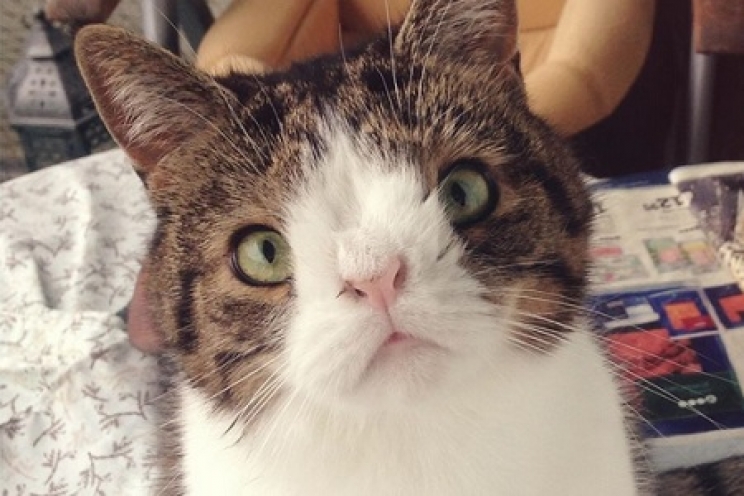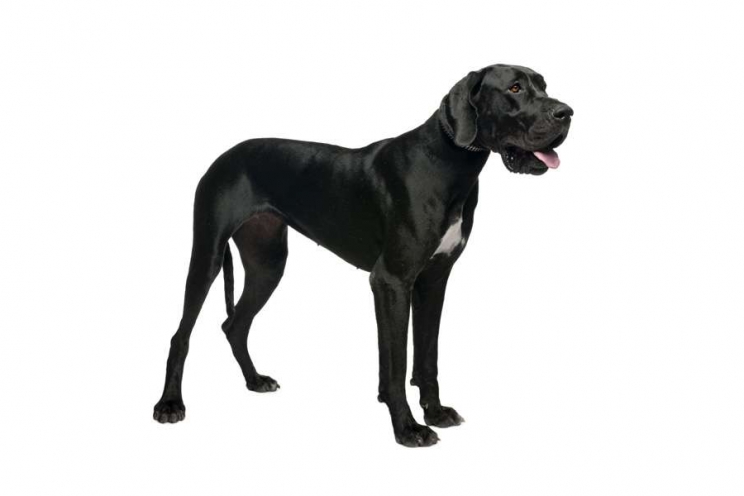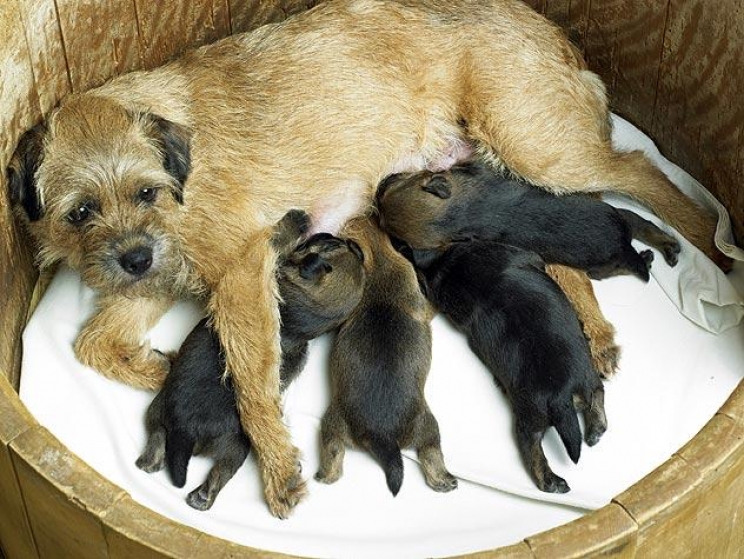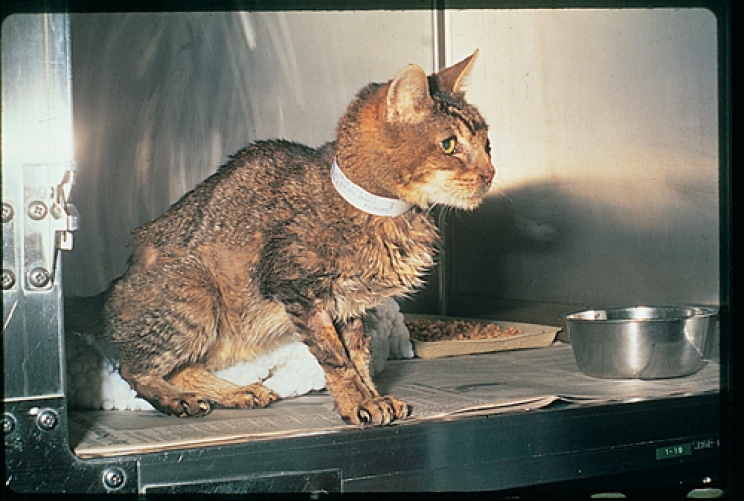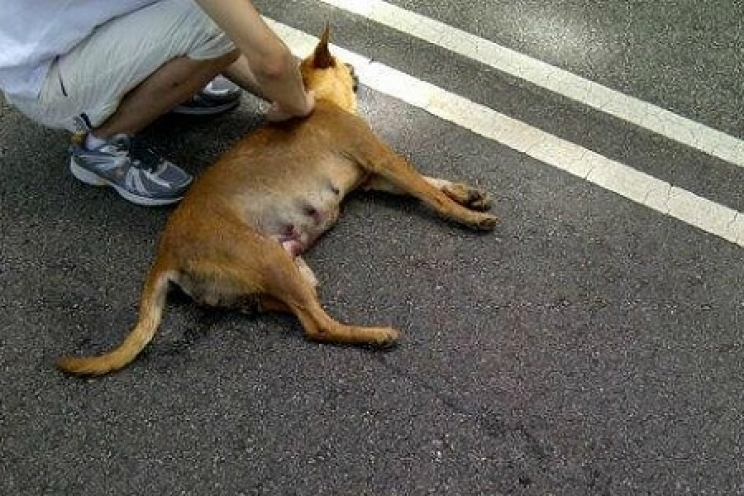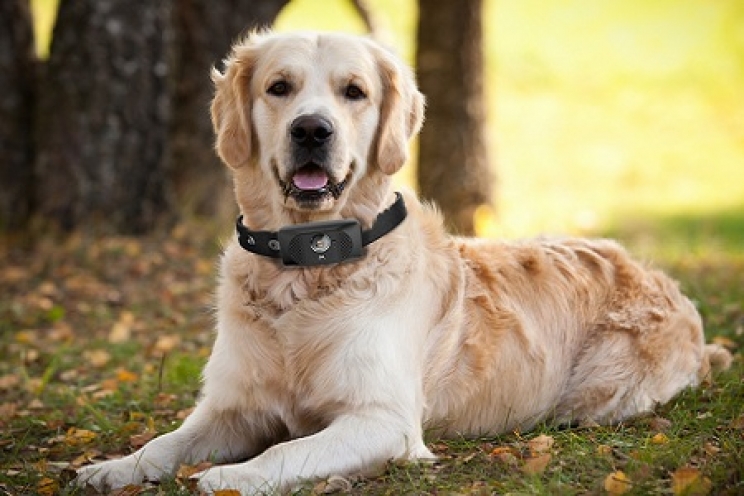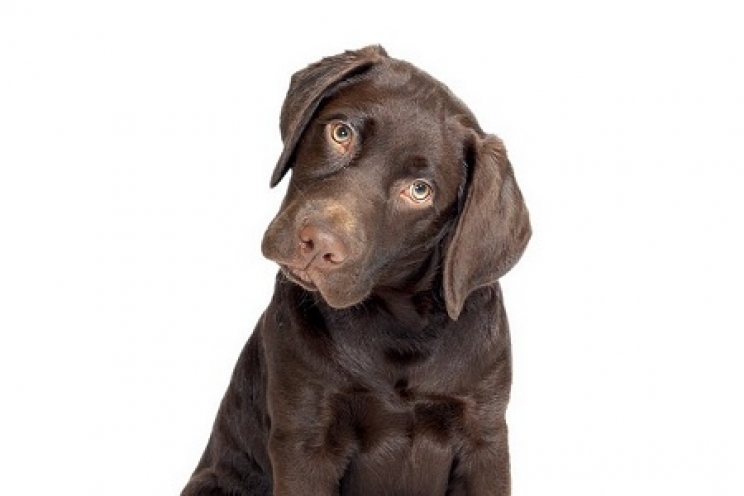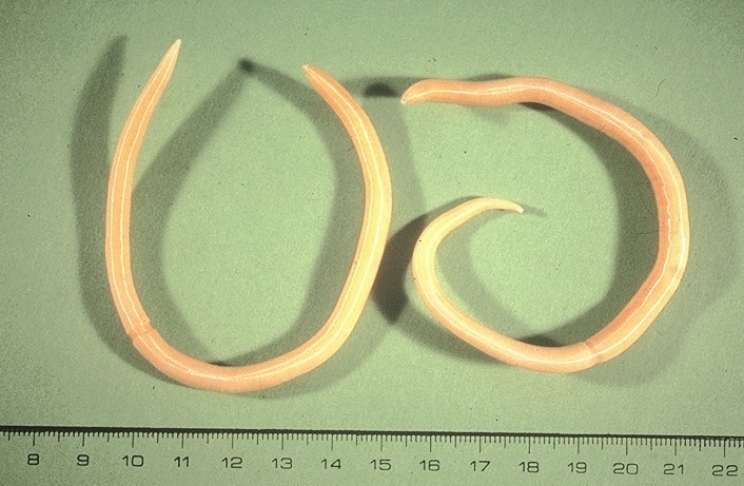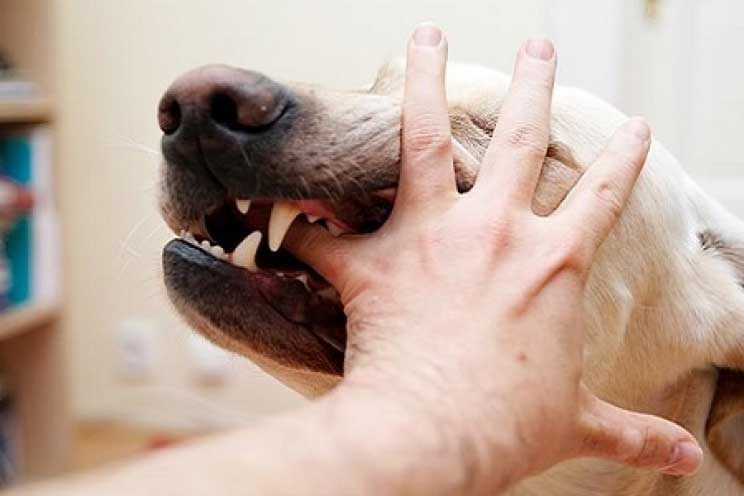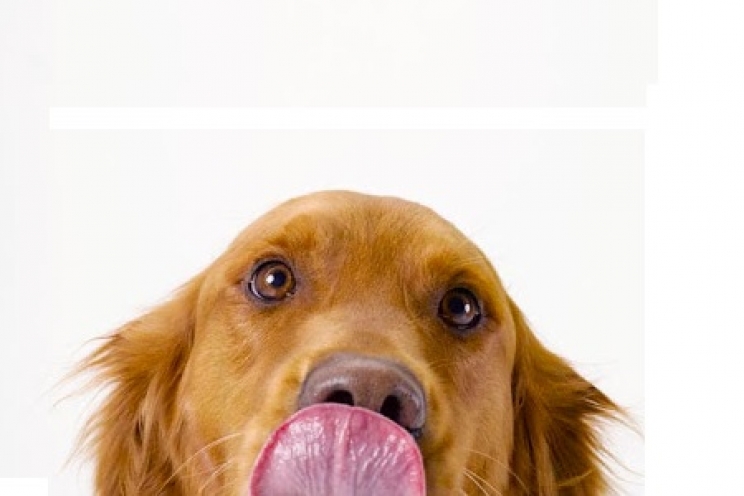One of the most unusual behaviours of our dogs is certainly to eat their own faeces or those of other animals. This attitude is called coprophagia and is especially typical of puppies, who ingest everything they find surrounding them, including their own needs. However, what are the causes and what can be done to prevent the dog from eating faeces?
The causes
The reasons that can push the dog towards this type of behaviour are different. Generally, some main reasons are:
- Exploration of the surrounding world: puppies are a bit like children, so they have an extreme need to touch, smell and bite everything that is new to them. Among the "objects" that most arouse their curiosity, we find above all the feces. This can be one of the reasons that lead puppies to ingest them, especially if this behaviour occurs rarely and tends to disappear over time;
- Behavioural Disorder: In some cases, both puppies and adult dogs may eat their own faeces in an attempt to hide it from the owner. This attitude is distinguished by the immediate ingestion right after expulsion, and usually occurs every time the dog does his daily needs. The reason for this type of behaviour is based on how we arrange the daily needs routine at home. All puppies, in fact, need time to learn not to poop and pee inside the house. If, after catching them doing so, we punished them without offering them a viable alternative, they probably could have developed a fear of punishment, associated with relieving themselves, no matter where they do it. They will therefore fear this moment. For this reason, every time our dog goes to the toilet, he will try to hide it to avoid punishment;
- Request for attention: puppies and adult dogs that do not receive enough attention from the owner, can do coprophagia to receive the attention they so much desire, even at the risk of getting shouted at;
- Boredom: some dogs can ingest their own feces because they have nothing better to do, so they try to pass the time in ways that are not exactly elegant;
- Anxiety and obsessive-compulsive disorders: particularly anxious and stressed dogs can ingest their own feces to pour out their negative moods. If the situation continues for many months, it can turn into a real obsessive-compulsive disorder;
- Nutritional deficiencies: in some cases there may be some undigested nutrients in the poop. The dog's sense of smell is far superior than ours, so he can understand that there is still something edible and useful in his own faeces or in those of other animals. Not surprisingly, one of the most frequent situations is that of dogs living in stables or on farms, which very often ingest feces of horses and cattle, rich in nutrients;
- Health problems: dogs can eat their own feces even in the presence of health problems, in particular with the presence of pancreas , stomach and intestine problems. In these cases, the foods cannot be digested correctly, so many nutrients are eliminated intact together with the faeces, which therefore become palatable and useful for the dog to eat;
- Maternal attitude: the mother always ingests the feces of her young babies, both during the cleaning and washing of the puppies, and to make the traces disappear from the eyes of possible predators.
What should I do?
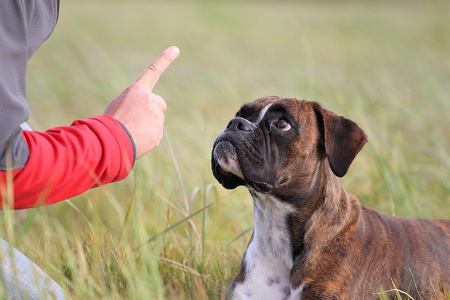
Firstly, it is essential never to shout or punish the dog when he is eating his own feces or that of other animals. He may react by reinforcing this behaviour, especially if it is a dog that feels neglected. If we shout at our animal he will be happy to have your full attention.
Furthermore, as we have already explained, by punishing the dog every time he releases his needs in the house we would only stimulate the act of coprophagia. Rather, we could calmly teach them how to release their needs outside the house.
We should avoid boredom in our pet. Let's always give him his favourite toys, especially when you go out. Thinking games are especially useful for them, the ideal remedy to defeat boredom because they keep the dog's mind busy for a long time and are usually particularly appreciated. A special toy that can be filled with appetizing snacks will also work.
Another important tip is to pay attention to the dog's diet. An unbalanced or insufficient diet for his daily requirement could be the cause of coprophagia. Unbalanced foods or home diets are not completely digestible, so the dog's feces may still contain "useful" residues, making them digestible for the dog to eat.
Rather, we choose complete, high quality and highly digestible foods, following the rations indicated on the package or by your veterinarian, based on the age, weight and size of the animal.

